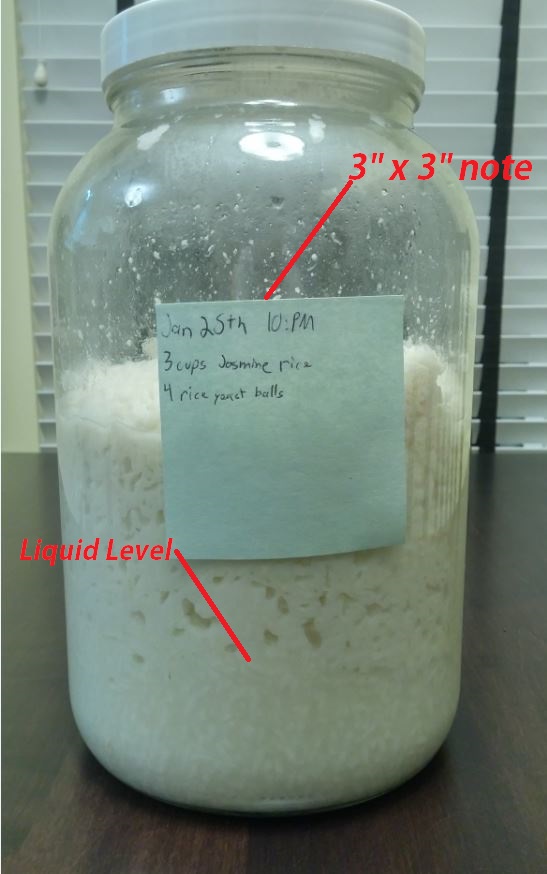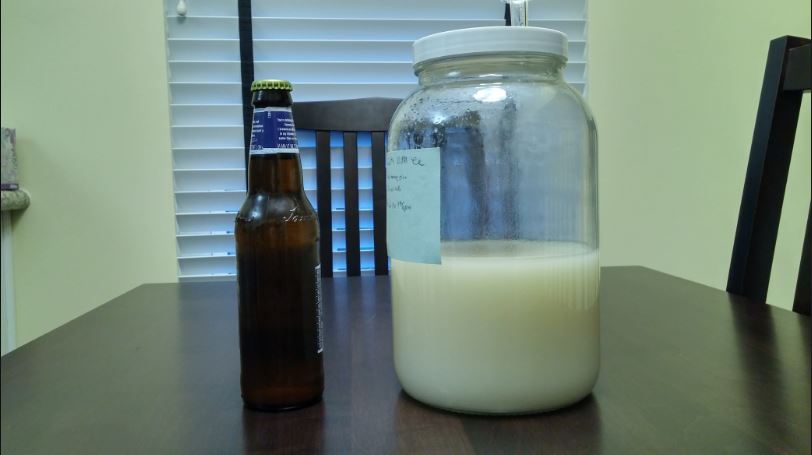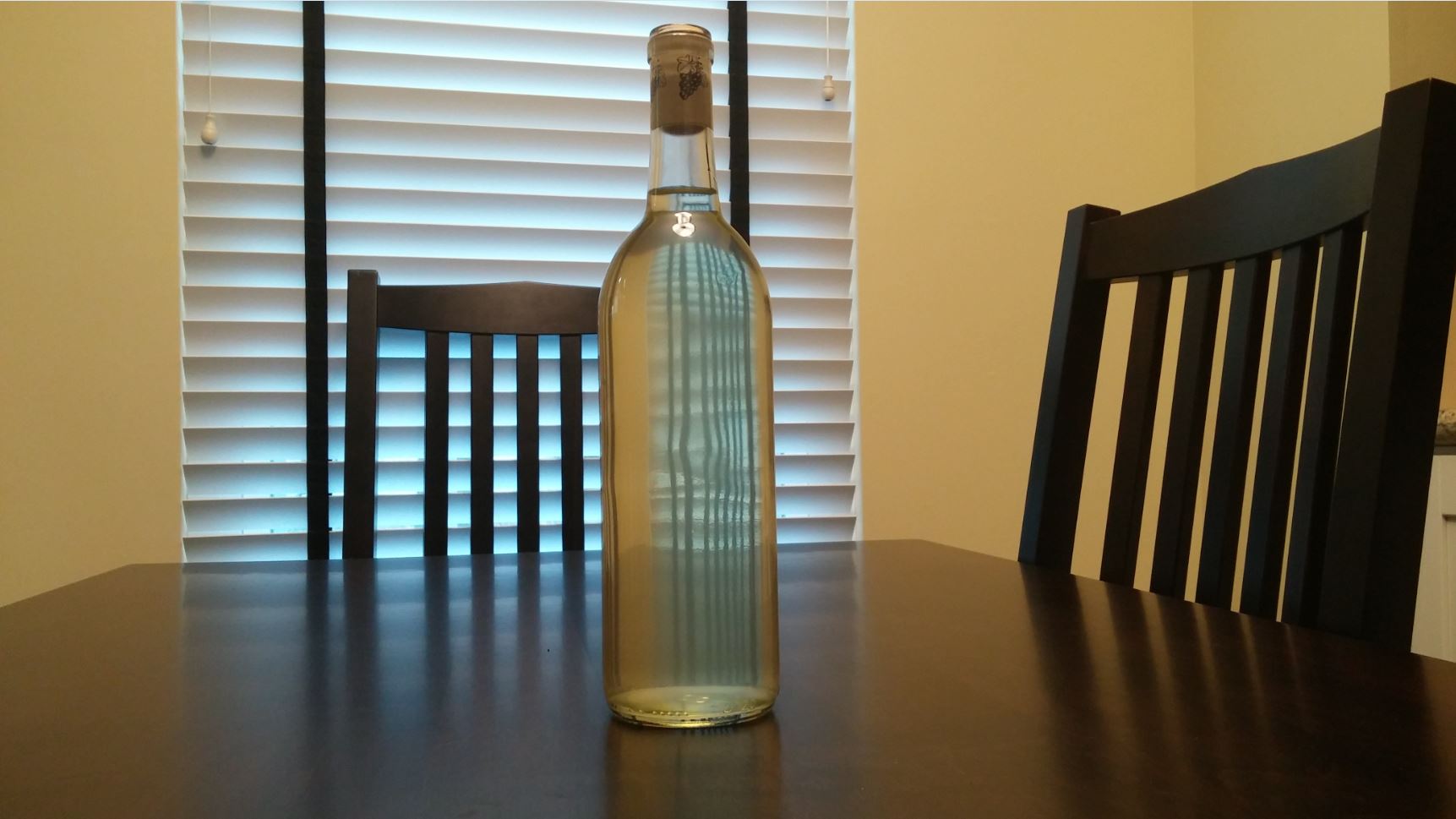trbig
Well-Known Member
- Joined
- Feb 11, 2013
- Messages
- 337
- Reaction score
- 96
You know, that's an excellent idea. I only make very small batches and no SWMBO to worry about. I will do that with my next batch and report the results here.
Edit: Just put a 2 cup dry batch of jasmine rice in tonight. Thermometer in the fridge says it's 42F.
Edit 2: 6 days later and not a sign of liquefaction.
So how's it looking? How much yeast did you put in with it?





